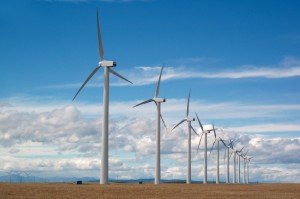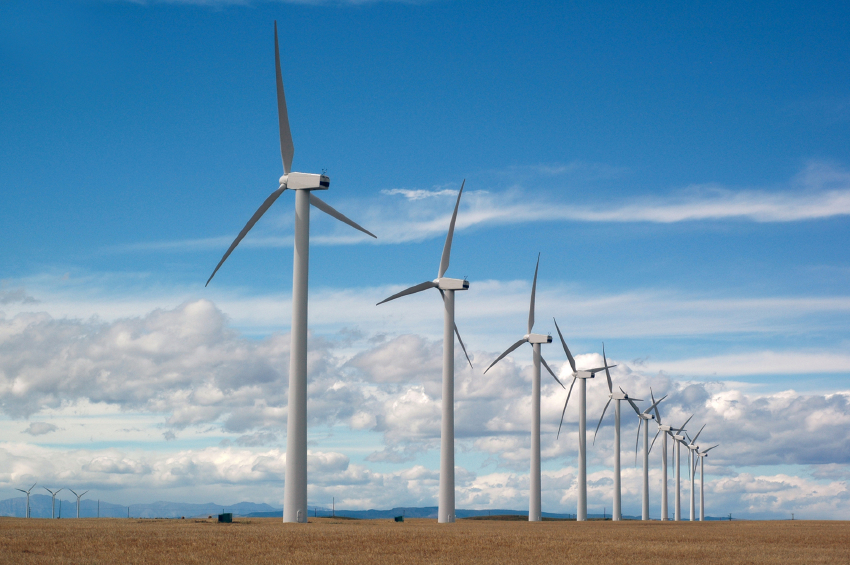by David McCorquodale
 On March 26, The News Journal chose to print a pro-nuclear power opinion piece by Gwyneth Cravens, a romance novelist and editor who was once an anti-nuclear activist.
On March 26, The News Journal chose to print a pro-nuclear power opinion piece by Gwyneth Cravens, a romance novelist and editor who was once an anti-nuclear activist.
She somehow “saw the light” and is now in favor of nuclear power — apparently because she thinks it’s “better” than burning fossil fuels.
The fact that she gets a good income from making pro-nuclear power speeches to receptive audiences and from writing articles for media conglomerates who want to minimize public trepidation about nuclear energy might have a bit to do with her positive outlook.
Let’s be clear of course, fossil fuels are bad for the environment. But the answer isn’t to build more nuclear power plants.
Those concerned with creating renewable sources of energy are realistic enough to know that a transformation to renewable energy sources isn’t going to happen overnight. It will take decades, and in the meantime, some of the existing nuclear power plants will still need to operate.
Here are some important points left out of Cravens’ article:
When pro-nuclear advocates talk about how clean nuclear power is, they avoid mentioning the amount of fossil fuel that is necessary in the mining and processing of ore, the building of the plants and the eventual disposal of the waste (including the plant itself). Like mountaintop removal has devastated coal regions in Appalachia, so too uranium mining creates vast areas of polluted land, much of it in Native American territory, in the Mid-Western states.
The stated cost of the electricity from nuclear power does not take into consideration the cost to future generations of taxpayers to guard the waste. USAToday.com reported on Aug. 5, 2008, that “.. even if no new reactors are built, getting rid of the country’s nuclear waste will cost $96.2 billion and require a major expansion of the planned Nevada waste dump beyond limits imposed by Congress.”
Through the Price-Anderson Act the cost of insuring nuclear power accidents falls on the American taxpayer. If a nuclear accident occurred in this country on the order of what happened in Fukushima, Japan, the major portion of the damages would be paid by the U.S. government, not the power companies. The power industry makes the profits; the taxpayer underwrites the losses. No nuclear plants would have been built without the existence of this act.
Nuclear power plants require huge amounts of water to keep the radioactive material cool. At the Salem complex, millions of gallons of water per day go through the system, coming out much warmer than it went in — to the detriment of the ecology of the Delaware River. Millions of fish die during the intake process.
These are just some of the problems with nuclear power. But what is the alternative? First, conservation. The United States has not really been serious about cutting down on energy usage.
Obviously it’s not in the best interests of the energy companies. The more they sell, the more profit they make.
So it is up to government to devise strategic planning to save energy. Imagine the jobs that could be created if the federal government provided the sort of funding that it gave for bank bailouts to a massive conservation effort — insulating and retrofitting older homes and office buildings with energy efficient windows and doors to save on heating costs. New homes should be required to be built on the passive solar model.
Second, yes there are problems with renewable energy. It’s a new field. But they can be surmounted if time and resources are devoted to them. In mentioning the unreliability of solar or wind power, Ms. Cravens left some facts out.
Chairman of the Federal Energy Regulatory Commission JonWellinghoff points out that the development of smart grid electrical systems and the building of battery storage capacity will allow the smoothing of the flow of energy from renewables.
Incidentally, the wind blows much more steadily over ocean waters, so wind turbines projects off the coast are best for capturing the most reliable wind sources.
Again, how many more jobs will be created through renewable energy rather than relying on nuclear power?
Finally, let’s be clear that nuclear power can only be built and controlled by large corporations with the compliance of government officials in legislative and regulatory bodies who make sure those corporations will always make money without risking their own financial health. It’s a sure thing and the industry is tireless in sending out the purveyors of propaganda to keep the money train rolling.
On the other hand renewable energy can be built on some scale by everyone, allowing individuals to begin to free themselves to some extent from the energy monopolies, and relieving the taxpayers of the burden of subsidizing the nuclear industry.
originally published in the Delaware News Journal
April 11, 2011

A LITTER’ATION
— James Ph. Kotsybar
It’s newly clear
that nuclear power
carries more threat
than possibilities.
It’s the cloud that cloaks
the darkest hour —
a storm stored
in faulty facilities.
Let’s let alone
the lunatic notions
like a limited annihilation;
look what we’ve done to our earth and oceans:
Dumped canisters leak abomination —
permanent pollution -–
danger that stays —
half-lives upwards of twenty thousand years —
a gift of garbage, spewing gamma rays —
a poor present that never disappears —
perpetrated upon our progeny
and our planet’s total biogeny.
GIVEN FIVE HOURS
IN THE NO GO ZONE
In forty kilometers squared
They’ve killed the livestock in Japan.
Atomic refugees, though scared,
return just to grab what they can
in the five hours they’re allowed
before leaving their homes for good,
look sadly at the farms they’ve plowed
and mourn their poisoned neighborhood.
Still searching for family lost
at the funeral homes each day,
they haven’t realized the cost
or the price that they still must pay.
Fukushima’s apology
means little while they sort debris.